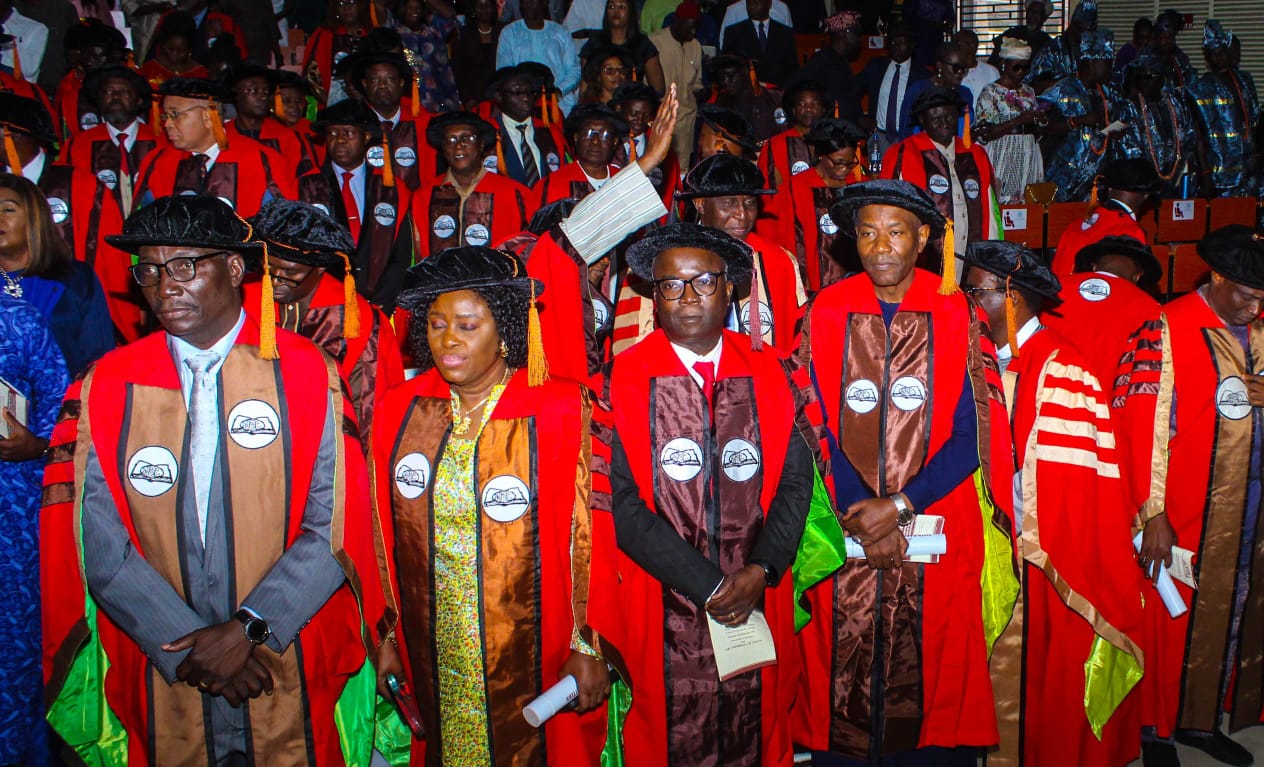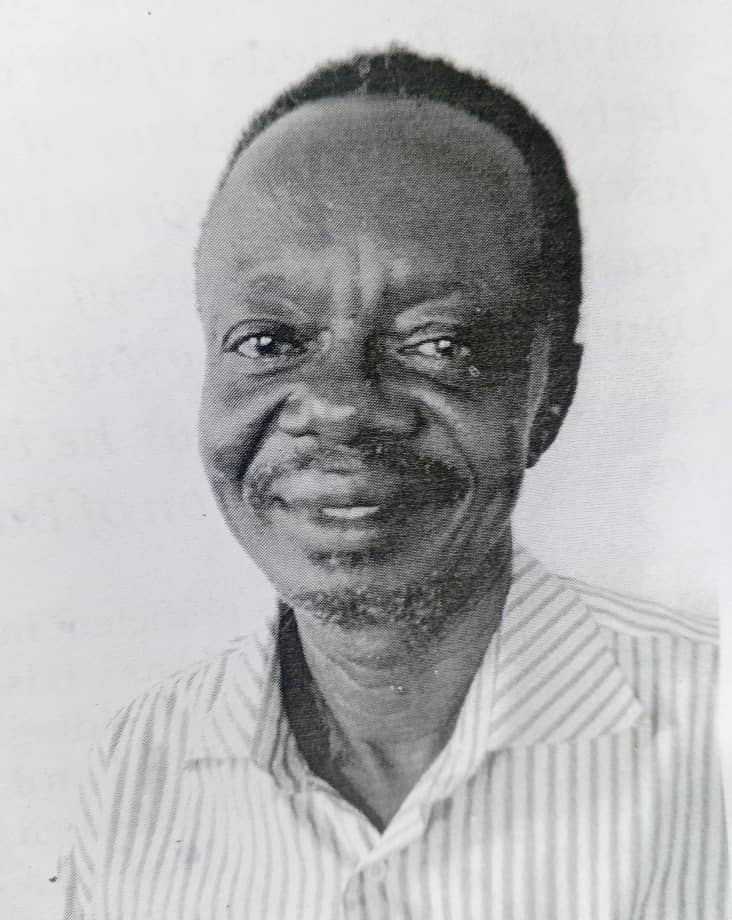NAL urges collaboration to harness AI, invests new Fellows, honours others at 27th convocation

By Godwin Okondo
THE Nigerian Academy of Letters (NAL) has called for urgent collaboration between scholars, technologists and policymakers to ensure artificial intelligence serves humanity’s best interests as it recently concluded its 27th Convocation, Scientific Session and Investiture of new Fellows at the University of Lagos.
The 3-day event, held from August 13 to 15 under the theme ‘The Humanities in the Modern Digital World’ brought together leading voices in the humanities who warned that Nigeria risks cultural erasure, ethical dilemmas and educational decline if technology is left unchecked.
The cademy inducted 31 new members and invested 13 new Regular Fellows, including one overseas Fellow, in a colourful ceremony that reaffirmed its role as the country’s foremost humanistic institution. Three eminent Nigerians—His Majesty, Igwe Nnaemeka Alfred Ugochukwu Achebe, Mr. Jahman Oladejo Anikolapo and Dr. Lasisi Olagunju—were admitted as Honorary Fellows for their outstanding contributions to humanistic values. Awards of Excellence in Humanistic Practice were also presented to Emem Isong Misodi, Mr. Laolu Ogunniyi, Alhaji Teju Wasee Kareem and Mr. Musa Alao Adedayo. In addition, 19 Distinguished Life Fellows aged 80 and above were celebrated for decades of loyalty and service to the academy.
Another highlight was the inauguration of a new Executive Council following online elections held on July 31. Professor Andrew Haruna emerged president, with Professor Sunday Enesi Ododo as Vice President, while Professor Adekunbi Olasope is the newly elected Secretary. Prof. Haruna will lead the academy until 2027, as he succeeds Professor Sola Akinrinade, whose tenure ran from 2023 to 2025.
Delivering the convocation lecture titled ‘The Nature of Reality, Humanity, The Humanities and Modern Digital Technologies,’ Professor Francis Egbokhare stressed that the humanities must shape the future of artificial intelligence to protect human autonomy, preserve cultural values and ensure technology remains people-centred. He cautioned against the dangers of job losses, diminished human agency and overreliance on machines but maintained that humanistic scholarship has always been central to expanding imagination, interpreting reality and guiding scientific progress.

NAL’s New Fellows
During the scientific sessions, Professor Olukoya J. Ogen examined the risks and opportunities of AI in humanistic inquiry, warning against reductionist thinking while acknowledging AI’s potential to aid creativity. Professor Abigail Ogwezzy-Ndisika, in her paper on citizen journalism, called for new ethical frameworks to regulate the digital public sphere and strengthen democracy. Professor Gideon Omachonu drew attention to the digital marginalisation of African languages, citing threats of exclusion and digital colonialism, while commending grassroots initiatives such as Masakhane, Naijavoices and African Story for amplifying African presence in AI spaces.
At the close of deliberations, the academy resolved that the humanities must play a central role in shaping AI development, stressing the need for ethical frameworks, stronger collaboration between scholars and technologists, and urgent government’s action to improve educational funding and infrastructure. It recommended reforms to media regulations to integrate responsible citizen journalism, the curation of humanities-based data for AI training, and the acquisition of digital competencies by scholars to remain relevant in a rapidly evolving knowledge economy.
The 27th convocation of the Nigerian Academy of Letters reaffirmed the centrality of humanistic scholarship in guiding Nigeria through the digital age. It concluded with a call for the country to harness technology not only to advance global knowledge but also to protect cultural identity, strengthen democratic governance and ensure that artificial intelligence evolves in the service of humanity.




